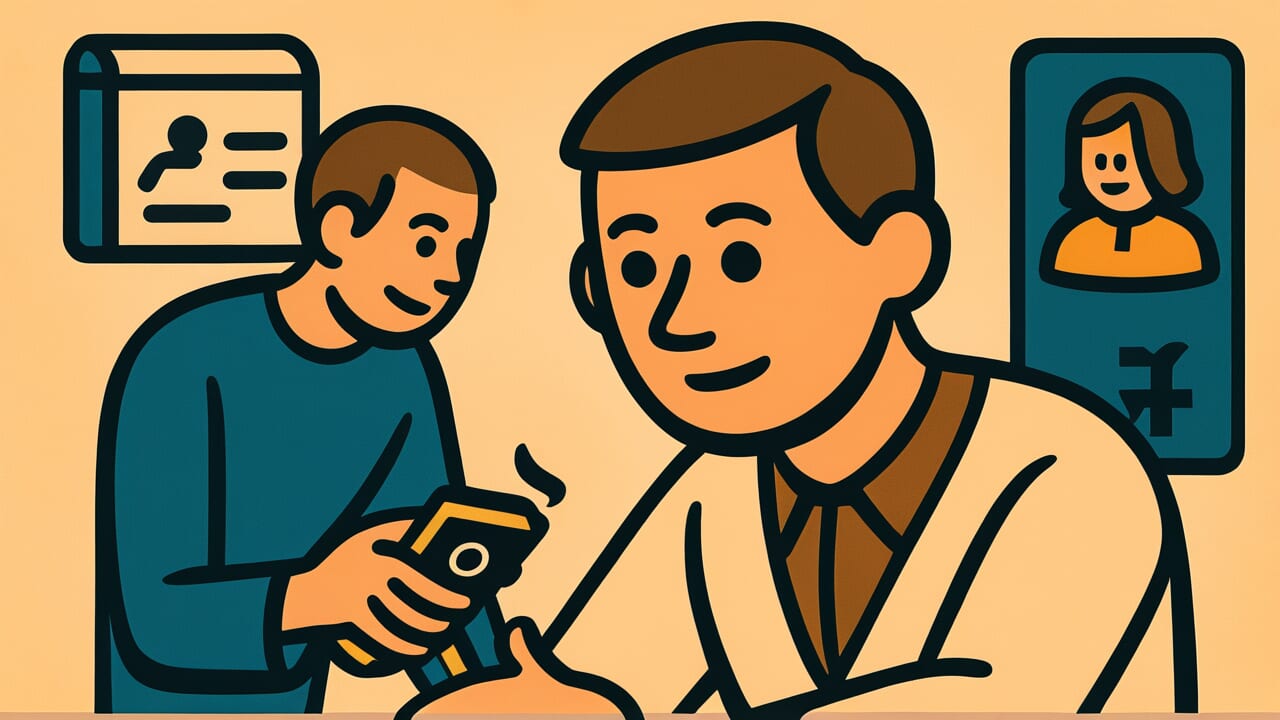How to Read “Position makes the person”
Chii wa hito wo tsukuru
Meaning of “Position makes the person”
“Position makes the person” means that taking on a position of responsibility improves a person’s character and abilities.
When someone is entrusted with an important post, they may feel anxious at first. But as they work to fulfill that role, their capacity naturally grows.
They develop better judgment and decision-making skills through the experience.
This proverb is often used to encourage people who have been promoted or selected for new roles. It’s also used when expecting a new leader to grow into their position.
People use it to explain why giving young people significant responsibilities matters.
The expression reflects trust in human potential. It recognizes that people are adaptable creatures who can elevate themselves according to the roles they’re asked to fill.
Today, this principle applies not just to official titles but to various responsible positions. Project leaders, committee chairs, and similar roles all follow this same pattern.
Origin and Etymology
The exact origin of this proverb is uncertain, with several theories existing. However, the structure of the phrase offers interesting insights.
Some point out similarities between “Position makes the person” and the Western saying “Clothes make the man.”
But the Japanese proverb is distinctive. It focuses not on outward appearance but on how social position and role affect a person’s inner character.
Traditional Japanese society has always viewed individuals as beings who fulfill specific roles.
Samurai were expected to behave as samurai, merchants as merchants. Each position carried its own expected conduct.
People believed that fulfilling these roles shaped one’s character over time.
This proverb likely spread during the Edo period’s class system and gained further traction after the Meiji era’s modern organizational society developed.
People witnessed countless examples of individuals who grew remarkably after taking on responsible positions.
The insight that position, an external factor, has the power to transform a person’s inner self came from this accumulated social wisdom.
It represents knowledge born from long experience in communal life.
Usage Examples
- He’s become so much more reliable since his promotion to section chief—position makes the person, indeed
- They say position makes the person, so I’ve decided to accept this major responsibility
Universal Wisdom
The proverb “Position makes the person” contains deep insight into how humans grow.
We are beings who change remarkably according to our environment and roles.
People inherently possess more potential than they realize. But this potential rarely blossoms while staying in safe, comfortable places.
Only when the “necessity” of a responsible position arises do dormant abilities awaken. This demonstrates humanity’s high adaptability.
What’s interesting is that the proverb says position “makes” rather than “changes” a person.
“Change” implies modifying something existing. “Make” means forming something new.
In other words, a responsible position has the power to create a new version of yourself that didn’t exist before.
This proverb also touches on the essence of human social nature. We are creatures who strive to meet others’ expectations and trust.
The expectations others place on us become powerful motivation for self-realization.
Trust and expectations shown through position become the driving force for personal growth.
Our ancestors understood something profound. People cannot fully grow alone.
True growth happens through engagement with society and others.
When AI Hears This
The moment you assume a position, your surroundings set a target value called “manager-like” or “leader-like.”
They continuously send signals about the gap between this ideal and the real you.
Subordinates’ gazes, superiors’ expectations, clients’ attitudes—all function as error signals that automatically correct your behavior.
In feedback control, the system detects the difference between target and current values, then applies force to bring that difference to zero.
Just as an air conditioner senses the gap between set temperature and room temperature to adjust its operation, humans unconsciously correct themselves based on the gap between position and actual behavior that they receive from others.
What’s fascinating is that this control operates 24/7. Morning greetings, meeting comments, even lunch choices—everything gets evaluated against the standard of “appropriate for the position.”
Subtle reactions come back continuously.
Control engineering has a concept called response speed. New managers settle into their roles within months because the feedback gain is high.
The surrounding reactions are strong and frequent.
Conversely, the moment someone loses power, the target value plummets and the surrounding feedback signals change.
What appears as personality change is simply the control system readjusting toward a new target value.
Lessons for Today
This proverb teaches modern people that growth opportunities appear in unexpected places.
When given new responsibilities, you might hesitate, thinking “I’m not ready yet.”
But you don’t challenge after becoming perfectly prepared. You become prepared by challenging.
What matters is not treating position or role as merely a title. Instead, view it as an opportunity for growth.
Responsible positions certainly bring pressure. But that pressure becomes the catalyst that draws out the potential sleeping within you.
This proverb also offers suggestions for those around you. Boldly entrusting responsibility to young or inexperienced people is an act of believing in their growth.
Rather than overprotecting them, giving appropriate challenges leads to true development.
Whatever position you’re in now, that role has meaning. Fulfilling your responsibilities wholeheartedly in your given place becomes the key that opens the door to your next stage.



Comments